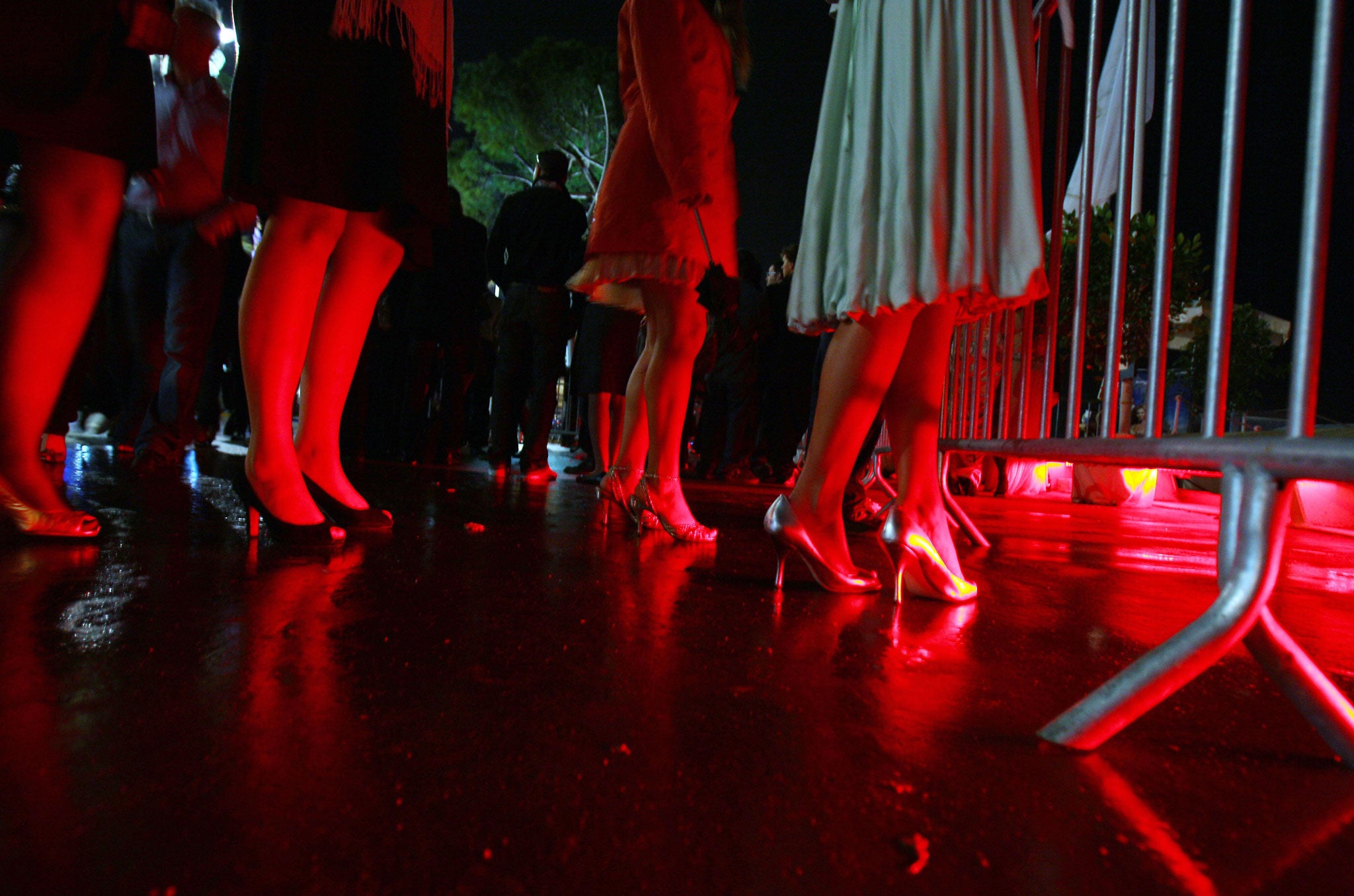Oh yes it's ladies’ night and the feeling's wrong
Women aren't the only victims of everyday sexism; in nightclubs across the country it's acceptable to let women in for free, while men get sent to the back of the queue.

Last week as I arrived at a well-known South West London nightclub and was whisked with my girl friends to the front of the queue to be let in free of charge, I felt increasingly frustrated that, once again, our male friends who had come with us were left to stand in the cold to queue and pay an indeterminate figure for entry. As I witnessed (and tolerated) this blatant discrimination, I began to question the legality of the practice.
It may come as a surprise that, according to the Equality and Human Rights Commission (EHRC), “Ladies’ Night” and other common door policies relating to gender are in fact unlawful under the 2010 Equality Act. The Act defines discrimination as when someone “treats another less favourably than they treat others because of a ‘protected characteristic’”, such as gender. As clubs are service providers, it is unlawful for them to discriminate as to the terms on which they provide their services. It seemed particularly fitting at this time of year when group outings increase considerably to ask why this common practice is allowed to continue, and whether steps can or should be taken to stop it?
Legally, nightclubs are not entitled to justify direct discrimination on the basis of gender and yet, it seems, the majority do. The general thought is that if you fill the venue with women, the men will follow. I asked a successful club manager about his thoughts on the issue. “Ultimately, we have to give power to our door pickers,” he said. “They let people in within the brief. That’s what they’re employed to do. It’s all about controlling the right atmosphere which is quite delicate”. I found this statement particularly unsettling. Door pickers? Within the “brief”? Aren’t we straying into dangerous territory here? I don’t think any club would last too long if it transpired that their pickers were briefed on racial quotas to fill, or told to only let in men who appeared straight. Why should this form of discrimination be any different? The statement to me translated as, “Ultimately, our door police have the right to pick the hot girls out of the queue and let them in free, so that the rich businessmen – who have paid for their entry - can ply them with expensive alcohol in the hopes of getting lucky.” Quite a delicate operation indeed.
I turned to another club promoter friend hoping for a more balanced perspective. “Listen Holly,” he said. “Men are more carefree when it comes to spending in clubs or bars. There’s a sense of, ‘Hey! Look at me!’ It’s for this reason that most clubs would give preferential treatment to women – so men can have an audience”. Now I’m not a man, but I can put myself in their shoes, and take offence on their behalf. As far as I was aware, in the 21 century, men are not required to demonstrate their wealth in order to achieve success with women. It would be naïve not to admit that it happens, but it shouldn't be the assumed norm. I was floored by these generalisations about gender behaviour.
So what can be done? According to Samantha Mangwana, partner at law firm Russell Jones & Walker, not a great deal. “Sadly, although this is unlawful and contrary to the specific guidance in the Act, [it is] left to individual victims of discrimination to enforce the law.” Individual men would have to challenge the club’s practice and take a claim to the county court. “Reality is that most people simply would not bother taking a claim”. She adds that this system is highly unsatisfactory, and that “publicity is the most realistic practical way to make a difference”. Sue Kelly, of the EHRC, said “although the practice is unlawful and challengeable, when it comes to taking action we question the impact door policies have on peoples’ lives. While it is something we would like to address, our resources can only stretch so far.” However, she added that “if we were presented with any advertising or written evidence that a club was disproportionately favouring women, we would write to the venue immediately, which normally results in a change of policy.”
To sum up, door discrimination is against the law, but the law is unlikely to be enforced. When I put out a blast on my social media network the resounding conclusion among the men was that it was, of course, very unfair, and everyone should be treated equally. “It is a sad part of nightclub culture that should be done away with,” remarked one man, while another added, “the average age of people who go to nightclubs is fairly young. They would most likely be in first or second jobs and therefore in the same boat, financially”. Interestingly, my female friends retorted with views ranging from "women spend more on their appearance to get into the club in the first place" to "men generally end up earning more money so they should be expected to pay". I was surprised that few of them thought the policy should change and were happy to accept this little bit of gender discrimination in their favour. But I do question whether this really is an advantage? Or is it in fact simply reinforcing age-old gender stereotypes that many women have spent decades trying to overcome?
Join our commenting forum
Join thought-provoking conversations, follow other Independent readers and see their replies
Comments
Bookmark popover
Removed from bookmarks